| Content | Administering a territory as wide as the world itself is a difficult task, which is only possible for a divinely guided leader and functionaries committed to this divine system and the sovereignty of Islam. Indeed, in order to administer lands and territories Imam al-Mahdi (‘atfs) will appoint ministers who will have had a record of struggle both in experience and action, and who will have shown their firmness and decisiveness.
Governors with strong personalities, who think of nothing but the welfare of the Islamic state and the pleasure of God, will take charge of state affairs. Obviously, a country whose officials possess these qualities will prevail over any difficulty. The destructions wrought by the previous governments will successfully turn into progress and conditions will be so transformed that the living will wish that the dead would live once again.
It must be noted that Hadrat al-Mahdi (‘atfs) will take charge of affairs at the time when the world will have inherited a plethora of confusions and disorders, and there will be millions of invalids as well as physically and mentally sick individuals. An atmosphere of delapidation will cast its shadow upon the world and insecurity will become prevalent everywhere. Cities will be in total ruin on account of wars and conflicts, and the decline of farming due to pollution of the ecosystem will lead to the scarcity of food.
On the other hand, the people of the world would have witnessed that many governments, parties and organizations had claimed that if they were given the chance to take charge of things, they could serve the world and its inhabitants, ensuring peace, security and improvement in economic conditions. In action, however, each of them would have been worse than the other, introducing nothing but corruption, killing and ruin. This book gives hope and insight into government of Imam Mahdi (as). One of the best books on 12th Imam.
HEAVILY SUBSIDIZED BY WWW.ISLAMICTHOUGHT.CO.UK
| The book, which requires brevity and concentration, is regarded as one of the best that deals with applied ethics. It is a guide for spiritual wayfarers on ethics and ways to strengthen one's faith, with the goal to reach Allah (swt). | Al-Ṣaḥīfa al-Sajjādiyya (Arabic: ٱلصَّحِيفَة ٱلسَّجَّادِيَّة, lit. 'The Scripture of al-Sajjad')[a] is a book of supplications attributed to Ali ibn Husayn Zayn al-Abidin (c. 659–713), the great-grandson of the Islamic prophet Muhammad, the fourth Twelver Shi'a Imam and the third Ismaili Shi'a Imam. A seminal work in early Islamic spirituality, the book is considered to be the oldest prayer manual in Islamic sources. Shia tradition regards the book with great respect, ranking it behind the Quran and Ali's Nahj al-Balagha. Fifty-four supplications form the main body of Al-Sahifa, which often also includes an addenda of fourteen supplications and fifteen munajats (lit. 'whispered prayers'). Al-Sahifa is often regarded as authentic by the specialists in the science of hadith. Chittick describes the book as "one of the deepest veins of Islamic spirituality," while Husain Mohammad Jafri posits that the supplications in Al-Sahifa embody the answers to many of the spiritual questions faced by the man of our age.
HEAVILY SUBSIDIZED BY WWW.ISLAMICTHOUGHT.CO.UK | The layout of this book has been made according to the syllabus of Hussaini Madrasah Peterborough. These pages are made for endless fun at home, so children can enjoy them. They can also be photo copied for teaching resources. Each page is full of fun filled, as well as priceless teachings of the Hoy prophet (pbuh) and the Imams.
Topics in word searches. 1 Adhan 2 Ikamah 3 Salaat 4 Mutahhiraat 5 Najasat 6 Tayammum 7 Jabira 8 Shakiyaat 9 doubts 10 Khums 11 Zakaat 12 Hajj
HEAVILY SUBSIDIZED BY WWW.ISLAMICTHOUGHT.CO.UK | This work contains a number of speeches, articles, books, and question-and-answer sessions of the erudite professor, Haḍrat Ayatullah Muhammad Taqi Misbah Yazdi (may his sublime presence endure), which have been compiled, edited and published by the author on the subject of Wilayat al-Faqih. We believe that in the current status of our society, wilayat al-faqih constitutes the central pillar of Islam, and its safety contributes to the splendor of Islam and Islamic laws and values in the society. As such, we have decided to elucidate this theory, support it academically and logically, and enlighten the general public, particularly the young generation of our country who probably know very little about this theory and its ramifications, and thus discharge a small part of our religious duty. Likewise, we have tried to deal with all the aspects of this theory to address the subjects which we find significant and controversial. However, things like the brevity of content and the readers’ patience and the time that they have been taken into account as far as possible.
HEAVILY SUBSIDIZED BY WWW.ISLAMICTHOUGHT.CO.UK | Principles of good governance in the letter of Ali to al-Ashtar refers to a set of instructions and advice for rulers, reputedly addressed at Malik al-Ashtar (d. 657), the Arab military commander and an ardent supporter of Ali ibn Abi Talib (d. 661), who was the fourth Rashidun caliph (r. 656–661), the first Shia imam, and the cousin and son-in-law of the Islamic prophet Muhammad. The letter is attributed to Ali and outlines his conception of just and righteous governance, following the appointment of al-Ashtar as the new governor of Egypt circa 657 CE. Among the earliest extant records about Islamic rule, the letter has received considerable attention throughout the Muslim history as a blueprint for Islamic governance. The theme of the letter can be summarized as justice and compassion for all, regardless of class, creed, and color. Malik was killed en route to Egypt to assume his new post at the instigation of Mu'awiya, the archenemy of Ali.
HEAVILY SUBSIDIZED BY WWW.ISLAMICTHOUGHT.CO.UK |

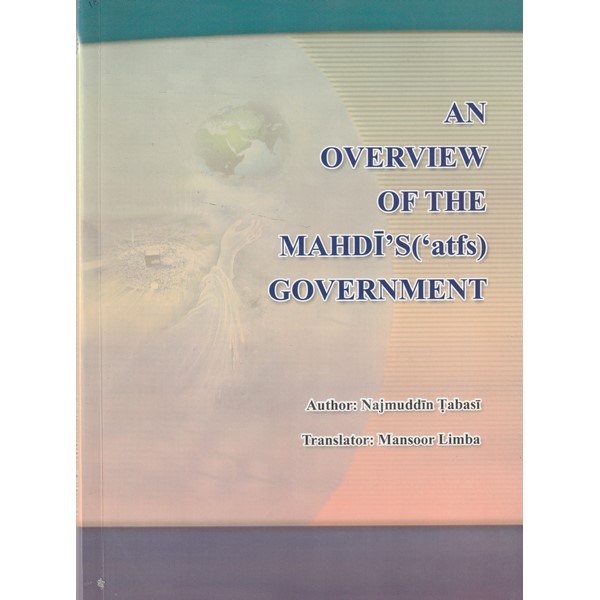
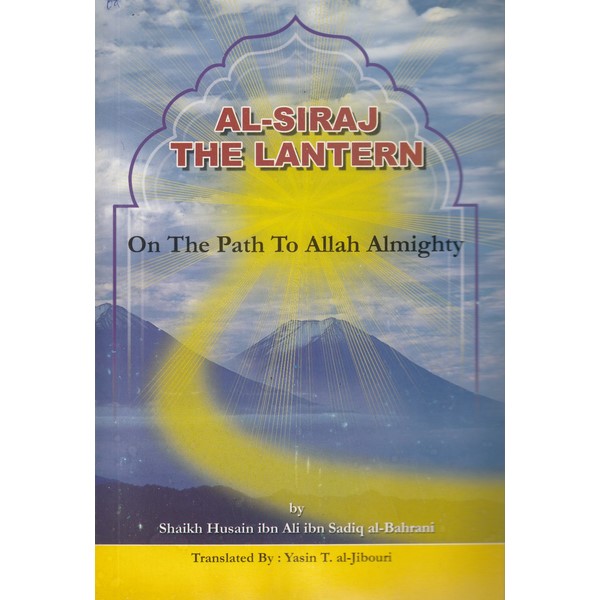
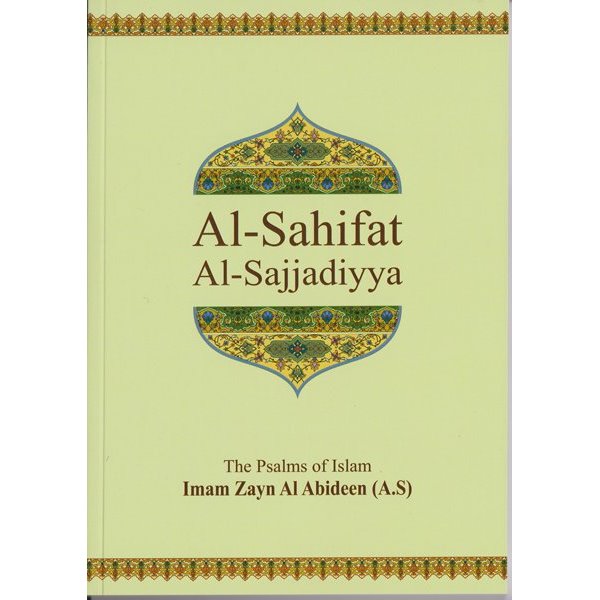

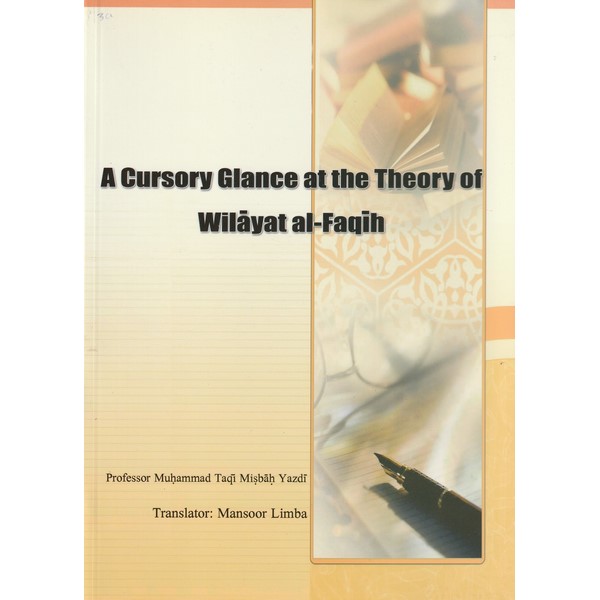
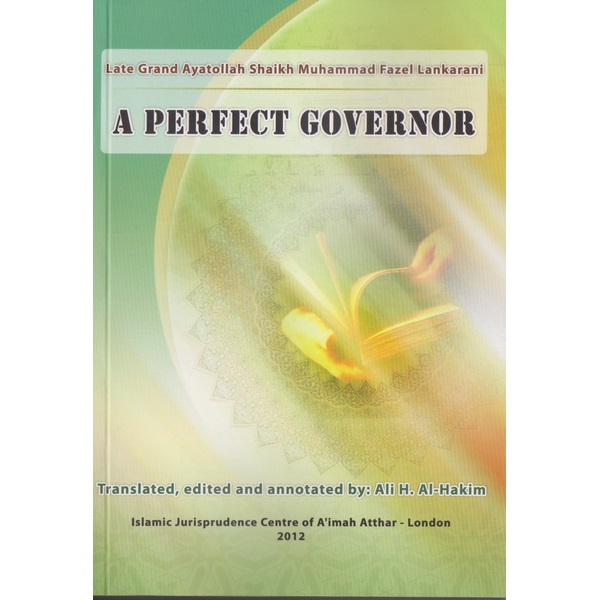


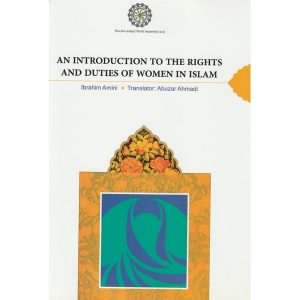
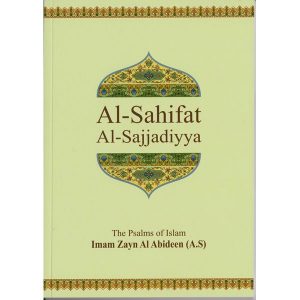
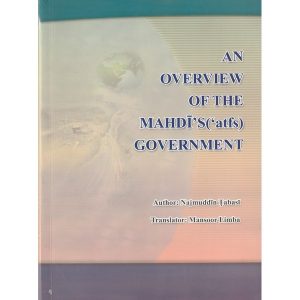
Reviews
There are no reviews yet.